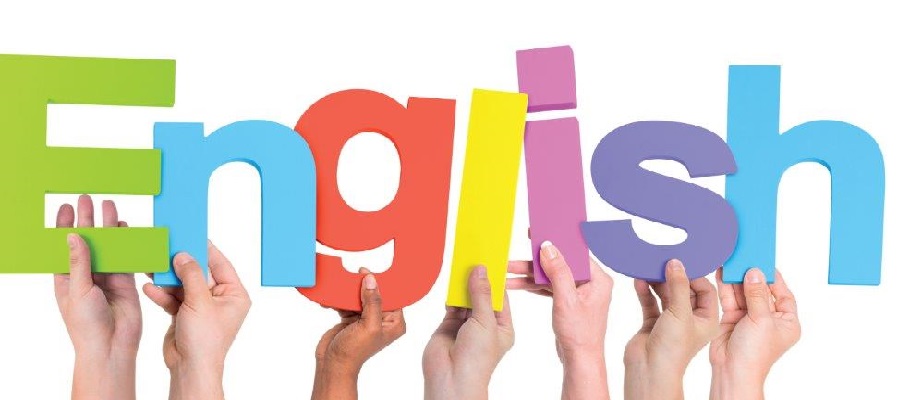My first contact with a Slavonic language was just before I came to what was then Czechoslovakia. I was offered a job in Banská Bystrica and the nice people there sent a picture book about the city to me in England. The pictures were lovely but I was terrified by the Slovak text; I couldn’t understand anything. Later, though, as I got used to my new life, I realised there were thousands of words in Czech and Slovak that were similar to English ones – good friends, if you like, or cognates1 if you want to be technical.
But I also learned that some words were traps. One day, I was in town, hungry, and without much money, and in a restaurant window I saw the words STUDENÉ JEDLÁ and HOTOVÉ JEDLÁ. I knew that jedlo meant ‘food’ and so I decided that hotové probably meant ‘hot’ and studené would be cheap meals for students. Aha, I thought, this is the place for me! It was, as you have probably already guessed, a learning experience. These words that look familiar but actually mean something different are called false friends, and they are something the language learner needs to be very careful about. Let’s look at a few examples.
Soon after my arrival, I spent a lovely day in the Low Tatras. As we took a rest, one of my companions asked me: “Do you like tourism?” After I had been talking about places like Paris and Turkey for a few minutes, she gently interrupted me and explained what she really meant. That’s how I learned the Slovak word turistika. In return, I taught her our word ‘hiking.’ Around the same time, I discovered that your marmeláda (we would call it ‘jam’) was not the same as our ‘marmalade,’ which has to be made with citrus fruits. And when I did get some English marmalade, a Slovak friend was shocked to read on the label ‘CONTAINS NO PRESERVATIVES’; she looked at me and said “I know that English food is said to be bad, but not that bad!” That was another learning experience. For both of us.
Since then, I’ve had many learning experiences. I like cooking, so now I know that a Slovak šéf is a ‘boss’, not a ‘chef’ (a professional cook), that Česká kuchyňa is not ‘Czech kitchen’ but ‘Czech cuisine’ (confusingly, ‘cuisine’ is the French word for both ‘kitchen’ and ‘cuisine’), grep (‘grapefruit’) is not ‘grapes’ (hrozny), pudink/pudding is ‘custard’, and čipsy are ‘chips’ in the USA but ‘crisps’ in Britain; our ‘chips’ (‘fries’ in the USA) are called hranolky here.
A few more to finish with: in English ‘bombastic’ means ‘loudmouthed and empty,’ so rather different from your
bombastický, an ‘alley’ is not a pleasant row of trees but a small back street, an ‘object’ is a thing rather than a building, an akce/akcia is not an ‘action’ but an ‘event’, the black or white thing at the front of your classroom is a ‘board,’ not a ‘table,’ and your teachers don’t relax between lessons in a ‘cabinet’ (which is a small cupboard, often for medicine) but in their ‘offices.’ If they are foreigners, they aren’t ‘lecturers’; you only get those at universities. And if they give you a test and you get 99%, that isn’t ‘perfect’. It’s excellent, and I congratulate you if you did get that, but only 100% is perfect.
I’ll be back with more false friends in another article soon.
Simon Gill
Activities:
How many cognates between your language and English can you think of in the next five minutes? Have you had any experiences that resulted from misunderstanding an English word or phrase?
Vocabulary
1 príbuzný, analogický, obdobný –příbuzný, analogický, obdobný

